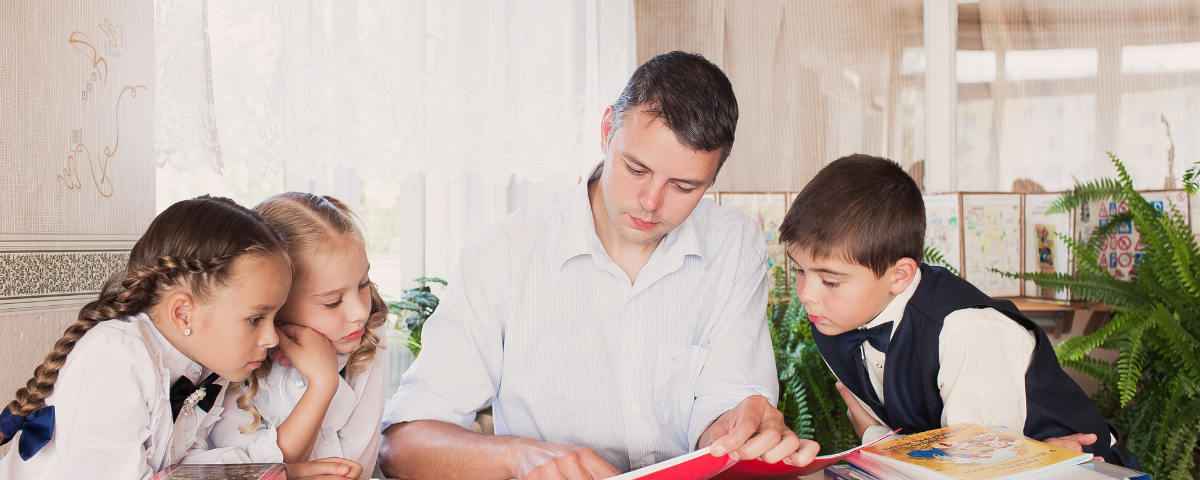
Every parent wants their children to be happy, healthy, safe, and successful. Unfortunately, divorce can bring a lot of stress on children, especially if they feel their family life is changing. As a parent, it is important to remember that your children are adjusting to a new situation, so while you strive to maintain an even keel, it is alright to let your guard down for an hour or two.
What is Divorce?
Divorce refers to the termination of a marital union, typically handled by Germantown family lawyers or similar professionals. This usually involves canceling or rearranging the legal duties and responsibilities of marriage, leading to the end of the bond between married couples according to the laws of the state or country.
There are several reasons why two individuals might opt to get a divorce, the most popular reasons being- falling out of love, adultery, domestic abuse, personality differences. The reason behind the divorce sometimes tends to affect the legal proceedings and outcomes, particularly in matters such as alimony, child custody, and the division of assets. Which is why it is crucial to have stellar legal assistance and support like the Trusted Solicitors at Peters May on your side to navigate through this process smoothly.
What Co-Parenting Is?
Co-parenting is a term commonly used to describe a parenting arrangement where two individuals, who are no longer in a romantic relationship, work together to raise their children. This arrangement involves shared responsibility and cooperation between the parents, with the ultimate goal of providing a stable and nurturing environment for their children. Co-parenting recognizes that both parents play an essential role in a child’s life, and it emphasizes the importance of putting the child’s needs first./span>
Co-parenting is not without its challenges. It can be emotionally taxing for both parents, as they navigate the complexities of sharing parenting responsibilities while no longer being in a romantic relationship. A Family Law Attorney AZ (or the like) can be a great help for those who are co-parenting. They can provide guidance and assistance with the legal aspects of the arrangement, helping ensure that the rights of everyone involved are respected.
Tips for Divorced Parents – Co-Parenting
- Aim to be flexible. It is important to keep in mind that children are impacted by their parents’ divorce at any age, even when they are very young as they can sense a change in their parents’ behavior. For that reason, divorced parents should aim to be as flexible as possible when it comes to their children so there is minimal disruption.
- Try to accept different parenting styles. You may be surprised how many divorced parents find themselves trying to show their children that they are two different people. As with most things in life, the reality is somewhere in between. Yours and your partner’s style may be different, but you still have to compromise to make sure your children are not confused about what they should be doing in certain situations.
- Help your child feel connected to their other parent. It is easy to get wrapped up in the day-to-day parenting of your kids, but make sure you do not lose sight of the fact that divorce does not just impact you. Your kids also feel your divorce, and they may act out or misbehave to express their feelings. To help your kids through the divorce, make sure you are always acting with good intentions, which means not speaking down about the other parent. Encourage them to see their mom or dad so they have both parents to reach out to.
- Keep your former partner up to date. As co-parents, it is essential to keep lines of communication open, as failure to do so can affect your child’s emotional well-being. It can also make the parent frustrated and want to lash out, both of you need to keep a cool head and keep each other well-informed about all changes.
- Plan ahead for tasks, activities, and events. When parents separate or divorce, co-parenting often becomes a priority. Balancing your children’s lives becomes a necessity, and working out who gets to make certain decisions can be difficult. Many parents find that planning can reduce conflict and make the co-parenting process easier. Any events and activities coming up need to be carefully planned out to match with the other parent if they need to be involved too, or if they need to adjust their plans.
- Give your former partner some time to learn the ropes. When children become involved in a divorce, the division of parental responsibilities and the division of child support can be overly complicated. To make this process easier, many couples tend to take assistance from Schaumburg child support lawyers (or similar professionals elsewhere) who can help them figure out the way to meet their child’s needs. If this is new to one of you, i.e., only one of you has been divorced before, then the other one will need time to figure out how they can work through this, so give them time to get through the next stages.
- Be prepared for some negative feelings. Divorce is hard enough on its own, but adding kids to the mix can make the process even more overwhelming. Going from one relationship and household to two is a hard transition, and kids add a whole new level of complication into the mix. But, if you educate yourself on the divorce process and co-parenting tips ahead of time, you can reduce some of the stress and difficulties that can occur. You will argue and fight, but it is important to not do it in front of the children as this can affect them greatly.
- Dealing With Special Celebrations When You are Co-Parenting. When going through a divorce, you and your spouse will have to divide up holidays, birthdays, and special occasions. Many kids’ birthday parties, holidays, and school events can come up, and it can be hard figuring out how to split them up without fighting or arguing. You need to set up plans about what you both can do and figure out pick up and drop off times that suit the child/children, especially if it is their birthday, they need to know that you both are there, and if you cannot be in the same room, you can at least be civil when crossing paths.




